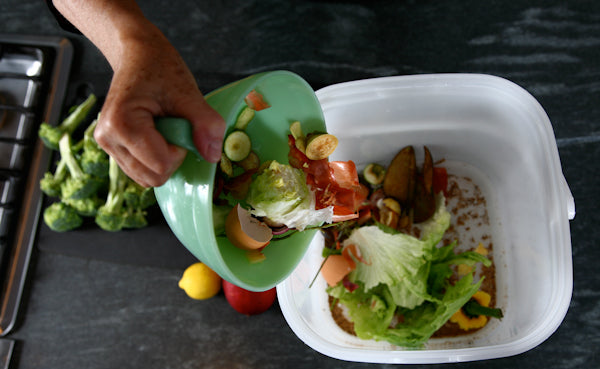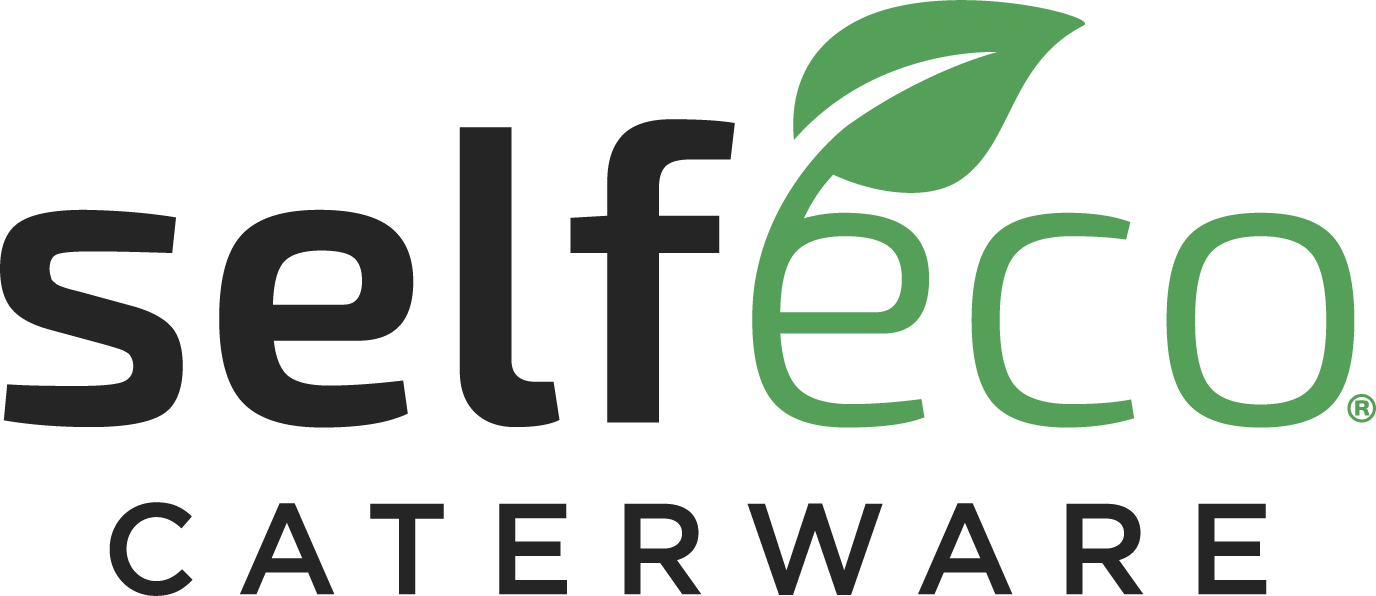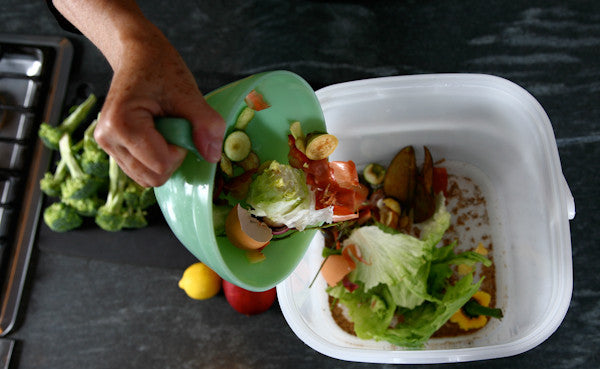The concept of living entirely waste-free takes a bit of getting used to, as our modern lifestyles constantly demand that our attention is focused on consuming for the sake of consuming. The seemingly endless cycle of consumerism has led to us forgetting many of the important things in life. We generally work very hard, and spend less than an ideal amount of time with family and friends, sacrificing doing the things we love.
Living without waste doesn’t mean you have to live without life’s luxuries, it just means a more conscious approach to your consumer choices. You’ll be doing yourself a favor by saving money on unnecessary purchases and ultimately reducing your own ecological footprint Ultimately. you’ll be doing the planet a favor by reducing the amount of waste going to landfill.

Here are 17 Ways To Live Trash-Free & Adopt A Zero-Waste Lifestyle:
- Ditch Plastic Packaging. Glass and stainless-steel containers of all shapes and sizes can be cleaned and reused over and over again, and easily transported.
- Eliminate Disposable Paper Products. Rather than paper towels and napkins, choose reusable cloth versions. You’ll quickly save money over costly disposables.
- Avoid Using Potentially Toxic Styrofoam. Instead, use regular reusable dishes. If you need a single-use option, several retailers offer certified compostable paper plates, bowls, cups and napkins.
- Minimize Food Waste. Revive leftovers, repurpose food scraps into jams and sauces, and stretch your food dollar by meal planning.
- Set Up A Countertop Compost Bin. Once the small bin is full, remove compost to an outdoor compost pile. Or put food waste into compostable trash bags, which can be turned in to municipal compost centers.
- Try Vermicomposting where red wiggler worms quickly transform organic matter into usable compost. These clean, simple, efficient systems are useful for those who don’t have space for an outdoor compost pile.
- Compostable Items: fruit and vegetable parts, eggshells, coffee grounds, unbleached paper, tea bags, disease-free houseplants, and much more.
- Cook Up Biodiesel. We can’t pour used cooking oil down the drain (it causes clogs) or compost it. However, you can donate cooking oil to be recycled into biodiesel fuel.
- Municipal Composting. If you don’t have an outdoor compost pile, look to see if your community offers a curbside or drop-off composting program.
- Avoid Plastic Bags. Start using big shopping bags made from canvas, mesh, cloth or recycled/recyclable plastic. You can buy these for about $1 at most natural supermarkets.
- Stop Buying Single Servings. Buy the largest size available or in bulk and divide into smaller eco-smart containers.
- Bring Mason Jars. Use reusable containers such as mason jars for bulk loose items such as rice, granola, grains, oatmeal, dried fruit, and beans.
- Multipurpose Cleaner. In a spray bottle, combine 1⁄2 cup white distilled vinegar with 1 cup water, and add 10 to 20 drops of tea tree, lavender, lemon or eucalyptus essential oil. Shake well before using.
- Bring Your Lunch. And Utensils. Disposable lunches (to-go packaging, traditional plastic utensils, etc) generate 100 pounds of trash per person annually. Bring your lunch in a reusable lunch box, and if your company doesn't use compostable utensils, bring your own SelfEco compostable cutlery!
- Water Bottles. Use metal or glass water bottles throughout the day for water or coffee.
- Separate Your Waste. Keep food and kitchen scraps, garden waste, and recyclables separate.
- Recycle Everything You Can. all unbroken glass, some plastics, paper and cardboard, tin and aluminium cans


10 Minnesota Breweries You NEED To Visit
Manufacturing & Earth Day 2017
18 comments
How do I incorporate a zero waste lifestyle with veganism? Do I grow my own food? And should I start shopping at farmer’s markets to reduce plastic when I grocey shop?
Where can I purchase bulk foods, flour, sugar, rice, pasta, dried soup mix, shampoo, shower gel Etc. I have containers for all of these items so can easily take them to the store with me. I live in a regional town
Hello,
Everyone been reading a lot about waste. Many for years it bothered me every week I took the trash out and every two for Recycling.
I started to Realize realize that we have all been lied to Recycling alone won’t help our situation.
And when I talked to people they feel so good they lift there chins up put there chest out and say it proud.
Then I ask say well every One i talk to said they recycle. Why is there such an issue.
Most are completely unaware/ naïve or just blowing smoke up your butt.
I’ve heard a lot about the there 3 R Reduce-Reuse-Recycle.
There is a fourth Refuse to except the current situation.
We been at this only for two months researching products trying to find products.
And we were producing about 5 bags of garbage a week. Now we’re done to 2.
Trying for one. Per week for family of 8 with 2 medically fragile adults.
Our Recycle bins were have 2 96 gallon all ways full only reduced that to about 1-1/2
There’s a lot to learn from the The great depression .
Old school farmers most were very good a making use of everything.
The biggest issue here is people generally consume way more then they need.
No matter what we do personal consumption needs be at the four front.
There 48,000 Storage unit facilities in America one and 11 people in America have a unit .
One out 3 Americans can’t park one car in there two car garage.
That’s one big landfill
STOP BUYING STUFF YOU DONT NEED
RECYCLING IS A LAST RESORT.
just dont be lazy and pick up after yourself. simple.
Aluminum is easier to recycle than plastic. So would it be more environmentally friendly to buy soda in individual serving cans, or in one large (plastic) bottle.